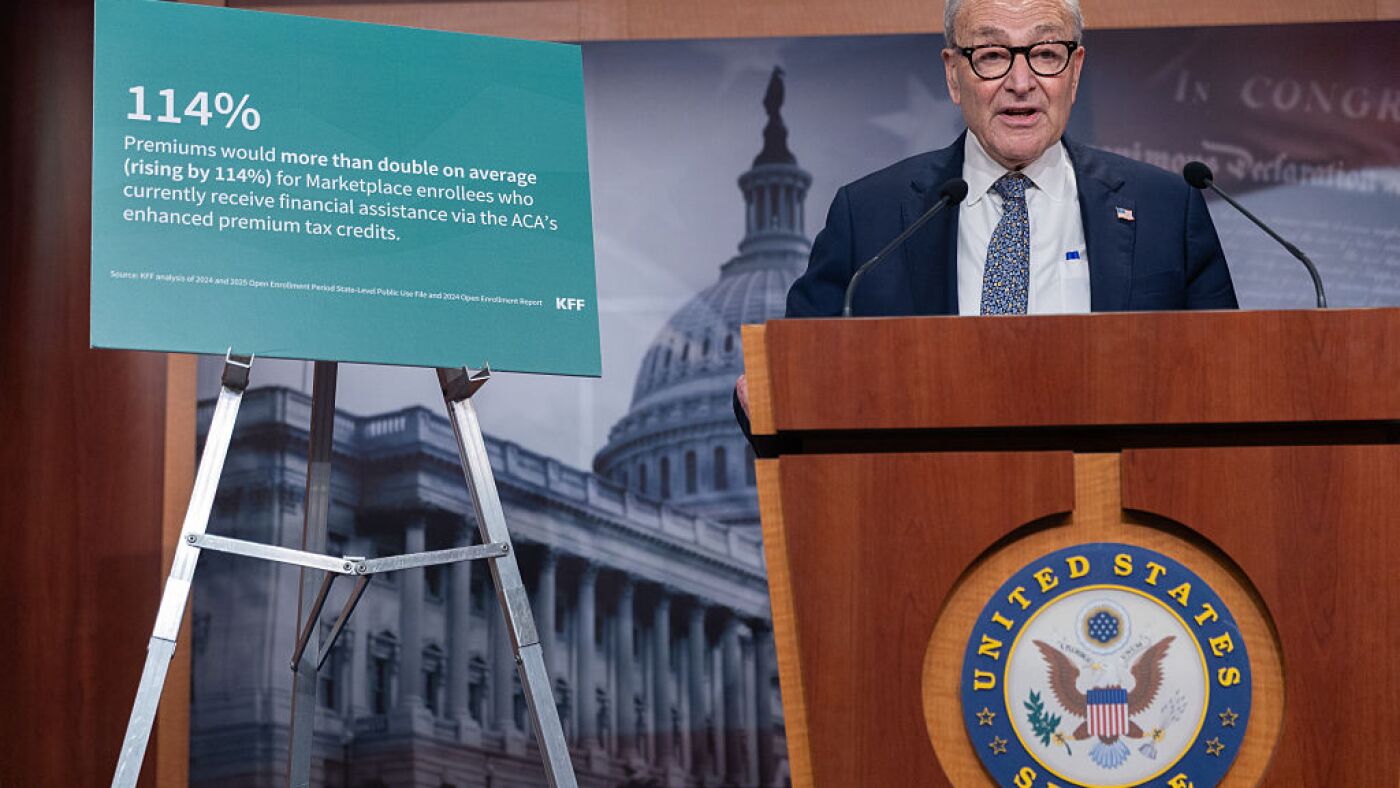Federal Government Shutdown Rooted in Health Policy Dispute
The ongoing federal government shutdown is primarily driven by disagreements over health care policy, specifically the funding of premium subsidies for Affordable Care Act (ACA) plans. The core issue centers on the expiration of enhanced tax credits that have helped keep ACA marketplace premiums affordable since 2021.
Enhanced Premium Tax Credits at the Heart of the Conflict
These enhanced tax credits, which reduce the cost of premiums for individuals purchasing health insurance through ACA marketplaces, are set to expire at the end of the year. Senate Democrats recently rejected a Republican short-term funding bill because it did not include an extension of these subsidies, highlighting the political stakes involved.
Who Benefits from the Enhanced Tax Credits?
The enhanced tax credits are crucial for people who do not receive health insurance through an employer or public programs such as Medicare or Medicaid. Enrollment in ACA plans reached a record 24 million this year, representing about 7% of the U.S. population. This group includes a diverse and influential demographic, such as small business owners, farmers, and ranchers.
Cynthia Cox, vice president and director of the Program on the ACA at the nonpartisan Kaiser Family Foundation (KFF), emphasizes the significance of these subsidies. Her recent analysis projects that if Congress fails to extend the enhanced tax credits, average premiums for enrollees could increase by 114% next year. This would effectively double the monthly premium costs for many individuals.
Potential Consequences of Expiring Subsidies
The expiration of these subsidies could force many people to make difficult choices. Some may have to switch to plans with higher deductibles, seek employment that offers insurance benefits, or potentially lose coverage altogether. The Congressional Budget Office estimates that 4 million people could become uninsured if the enhanced tax credits are not extended.
Extending the subsidies, however, comes with a significant price tag. The Congressional Budget Office projects that continuing the policy would cost the government approximately $350 billion, adding another layer of complexity to the ongoing budget negotiations.
Political Impasse and Future Outlook
The standoff in the Senate reflects broader tensions over health care funding and fiscal priorities. Democrats insist on protecting the enhanced premium tax credits to maintain affordable coverage for millions, while Republicans have resisted including the extension in short-term funding measures.
As the deadline approaches, the fate of these subsidies remains uncertain, with significant implications for the health insurance market and millions of Americans relying on ACA plans. The resolution of this dispute will be critical in determining whether the government shutdown ends and how accessible health care coverage will be in the coming year.


